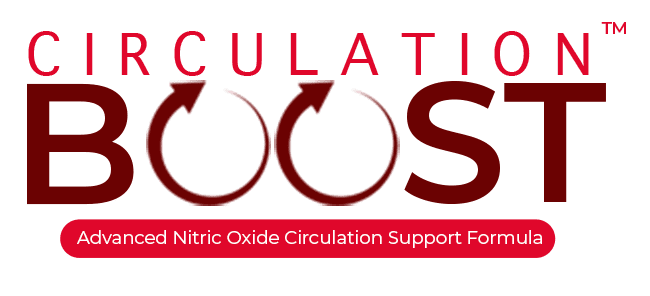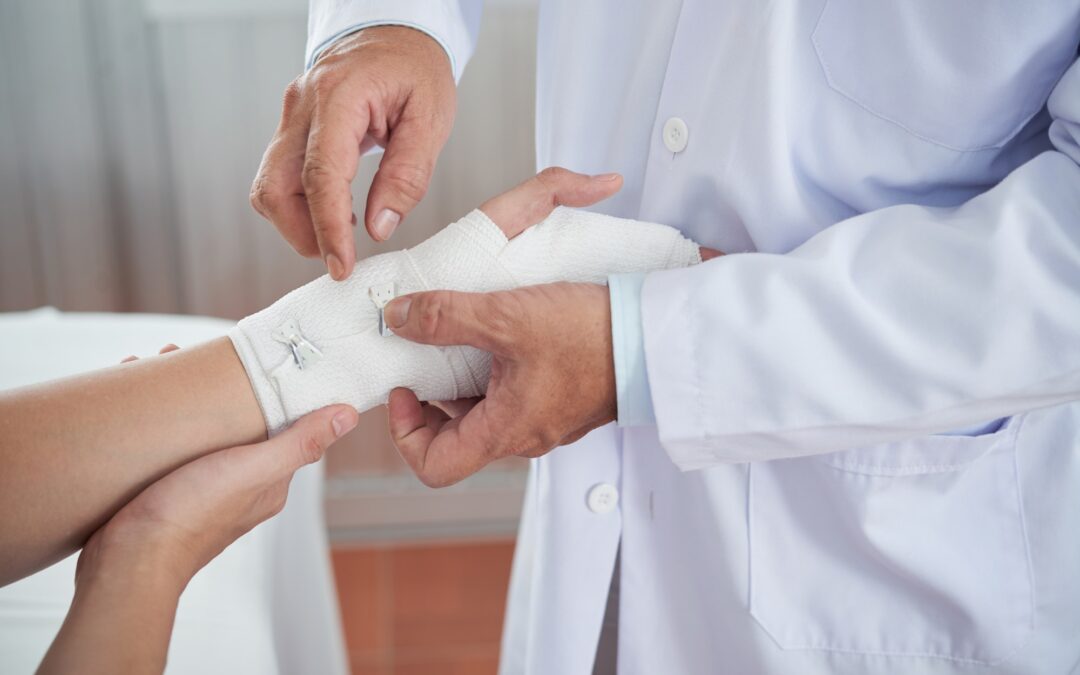There are many benefits associated with l-arginine – one of these being wound healing. Learn if l-arginine wound care is effective and how it works.
From improving circulation to lowering blood pressure, l-arginine benefits are plenty helpful.
However, l-arginine wound healing is another matter.
Many clinicians are still unsure if adding l-arginine supplements through oral or tube feedings can help heal wounds faster.
An increasing number of studies explore the role arginine plays in this area.
A Conditionally Indispensable Amino Acid
To meet our daily nutritional needs, our body requires nine essential (indispensable) amino acids.
However, there are three amino acids that are conditionally indispensable.
They are arginine, glutamine and cysteine.
These amino acids are conditionally essential because the body needs them during times of trauma, chronic disease, stress, and dietary deficiencies.
Some of the functions of l-arginine include stimulating protein regeneration, accelerating insulin secretion, and promoting amino acid transports.
In addition, arginine helps increase nitric oxide production.
Nitric oxide helps improve blood flow and oxygen delivery to the wounds.
Consequently, it helps increase collagen formation and reduce inflammation.
 L-arginine and Wound Care
L-arginine and Wound Care
There was a small study in 2009 that included a daily offering of an additional high calorie nutritional supplement.
This supplement contained 6 grams of arginine, along with various amounts of protein, zinc, and ascorbic acid.
The study lasted eight weeks, with the results showing that the supplement was helpful in wound healing.
According to the study, the supplement accelerated the healing of stage 2 or higher pressure injuries in older adults.
Another study used the same formula and focused on non-malnourished patients who had stage 3 and stage 4 pressure injuries.
Just like the previous study, this one lasted eight weeks and also found a benefit in using the supplement.
Patients who drank the special supplement saw a reduction in pressure injury size.
A cost-effective benefit of shorter healing rates is the decrease in time spent changing the dressings.
Other Studies
One multi-center RCT study focused on long-term care and home care.
There were 200 malnourished patients who had stage 2 through stage 4 pressure injuries.
Each participant drank two bottles a day of an energy-dense, protein-rich oral formula.
The experimental group had additional ingredients in their formula, such as arginine, ascorbic acid, zinc, and copper.
The results showed that almost 70% of the experimental group had a 40% greater reduction in pressure injury size when compared to 54.1% in the control group.
This study also lasted eight weeks.
While the patients benefited from receiving general nutritional support, there was an additional benefit to using arginine, zinc, and antioxidants.
L-arginine Supplements
According to various studies, there is a moderate amount of evidence demonstrating the effectiveness of l-arginine in wound care.
However, it’s important to note that the positive effect may be from a combination of ingredients that include arginine – not necessarily arginine alone.
For this reason, it’s important to choose a l-arginine supplement that contains various effective ingredients.
Circulation Boost, for example, contains l-citrulline, l-arginine, magnesium, folic acid, ascorbic acid, and various key vitamins and minerals.
By blending all these ingredients, it helps to improve circulation and blood flow better than other circulation supplements on the market.
If you want a supplement that’s effective, safe, and tastes great to boot, try Circulation Boost.

